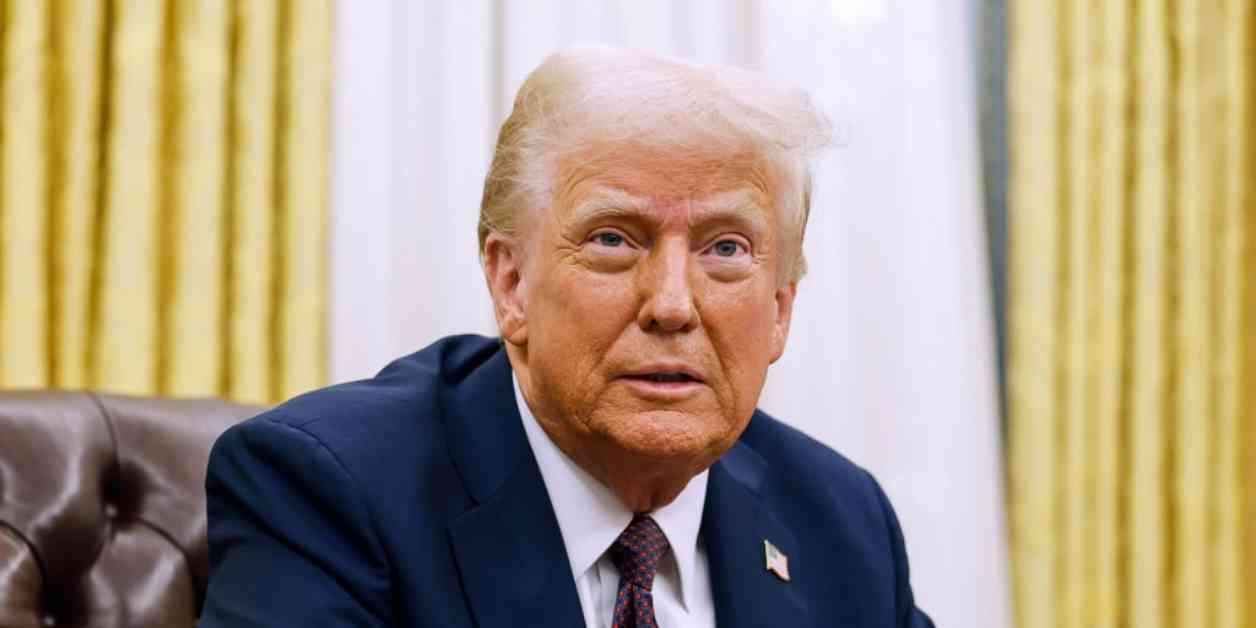Understanding the Impact of Trump’s Funding Freeze on Public Services
WASHINGTON — The Trump administration’s sudden halt on federal grants and loans, announced Monday night, has sent shockwaves rippling through government agencies, Congress, state programs, and nonprofit organizations nationwide. The Office of Management and Budget issued a cryptic two-page memo instructing all federal agencies to halt “all activities related to obligation or disbursement of all Federal financial assistance” that may contradict President Donald Trump’s directives.
Confusion and Concern Across the Board
The lack of clarity on which programs will be affected has left many in the dark, with over 2,600 programs under scrutiny, ranging from school meals for low-income students to mine inspections, USAID foreign assistance, WIC nutrition programs, and reintegration programs for homeless veterans. The OMB’s memo raised probing questions related to Trump’s agenda, including the potential impact on discriminatory programs, gender ideology, and abortion-related activities.
A Senior Administration Official’s Perspective
Contrary to the perception of a funding freeze, a senior administration official clarified that the directive aimed to pause funding temporarily to assess compliance with recent executive actions. Programs providing direct assistance to Americans, such as Medicaid, food stamps, small business aid, Head Start, rental assistance, and Pell Grants, are exempt from the review. White House press secretary Karoline Leavitt emphasized the administration’s commitment to fiscal responsibility while ensuring continued support for those in need.
Nonprofits Struggle to Access Funds
The memo’s aftermath left nonprofit organizations in a state of panic, as many reported difficulty accessing federal systems to withdraw awarded funds. Yasmina Vinci, executive director of the National Head Start Association, expressed concerns about potential delays impacting staff payments and critical services to families across the country. The situation was compounded by local housing organizations grappling with uncertainty over rental payments for low-income households.
State Agencies Face Challenges
In Illinois, state agencies encountered obstacles accessing federal funding portals, including Medicaid systems, crucial for managing and distributing authorized funds. The unfolding crisis prompted a lawsuit filed by the National Council of Nonprofits and the American Public Health Association, seeking to halt the OMB’s actions pending further legal review.
Reactions on Capitol Hill
On Capitol Hill, lawmakers scrambled to decipher the implications of the funding freeze, with Democratic leaders condemning it as unconstitutional and harmful to constituents. Senate Minority Leader Chuck Schumer labeled the directive as outrageous, echoing concerns raised by House and Senate appropriations committee leaders over its broad and devastating impact. Republican perspectives varied, with some defending the administration’s actions as necessary to rein in spending deemed objectionable.
Expert Insights and Commentary
Seasoned journalists and correspondents weighed in on the unfolding situation, shedding light on the unprecedented nature of the funding pause and its far-reaching consequences. The depth of chaos and confusion sparked by the memo underscored the urgency for further clarification to avert widespread disruptions and potential harm to vulnerable populations.
As the nation grapples with the fallout of the funding freeze, the critical need for transparency, accountability, and compassion remains paramount. The human impact of these decisions reverberates far beyond the halls of power, shaping the lives of those who rely on vital public services for their well-being and livelihoods. In the days ahead, clarity, collaboration, and decisive action will be essential to navigate the complexities of this evolving crisis.


